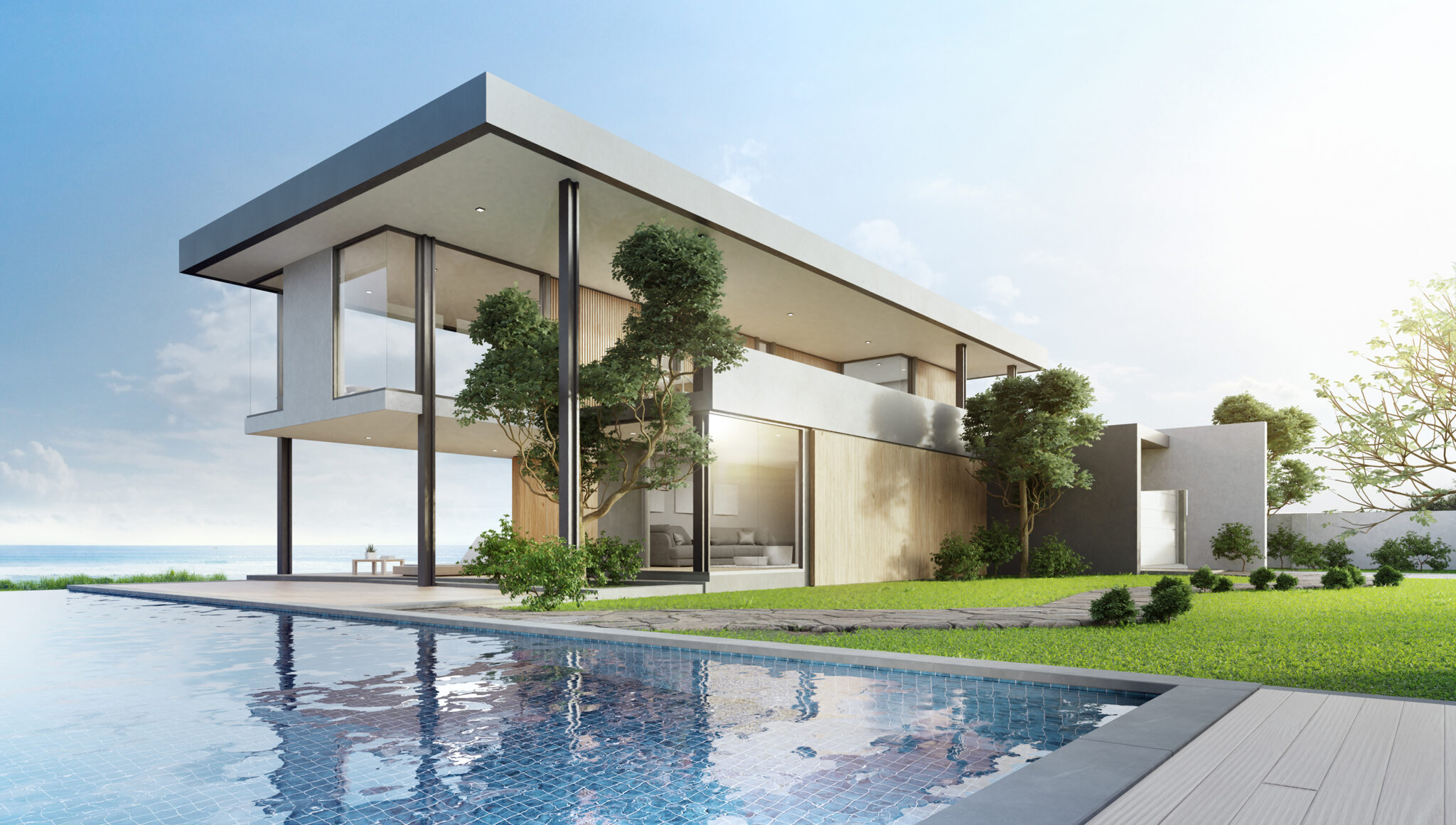Wealth, exclusivity and prestige have long been synonymous with the global luxury real estate market. From sprawling estates in the French Riviera to penthouses overlooking the skyline of New York City, luxury properties offer a glimpse into an opulent lifestyle that is aspirational for many. But as global economies evolve, so do the tastes and preferences of affluent buyers.
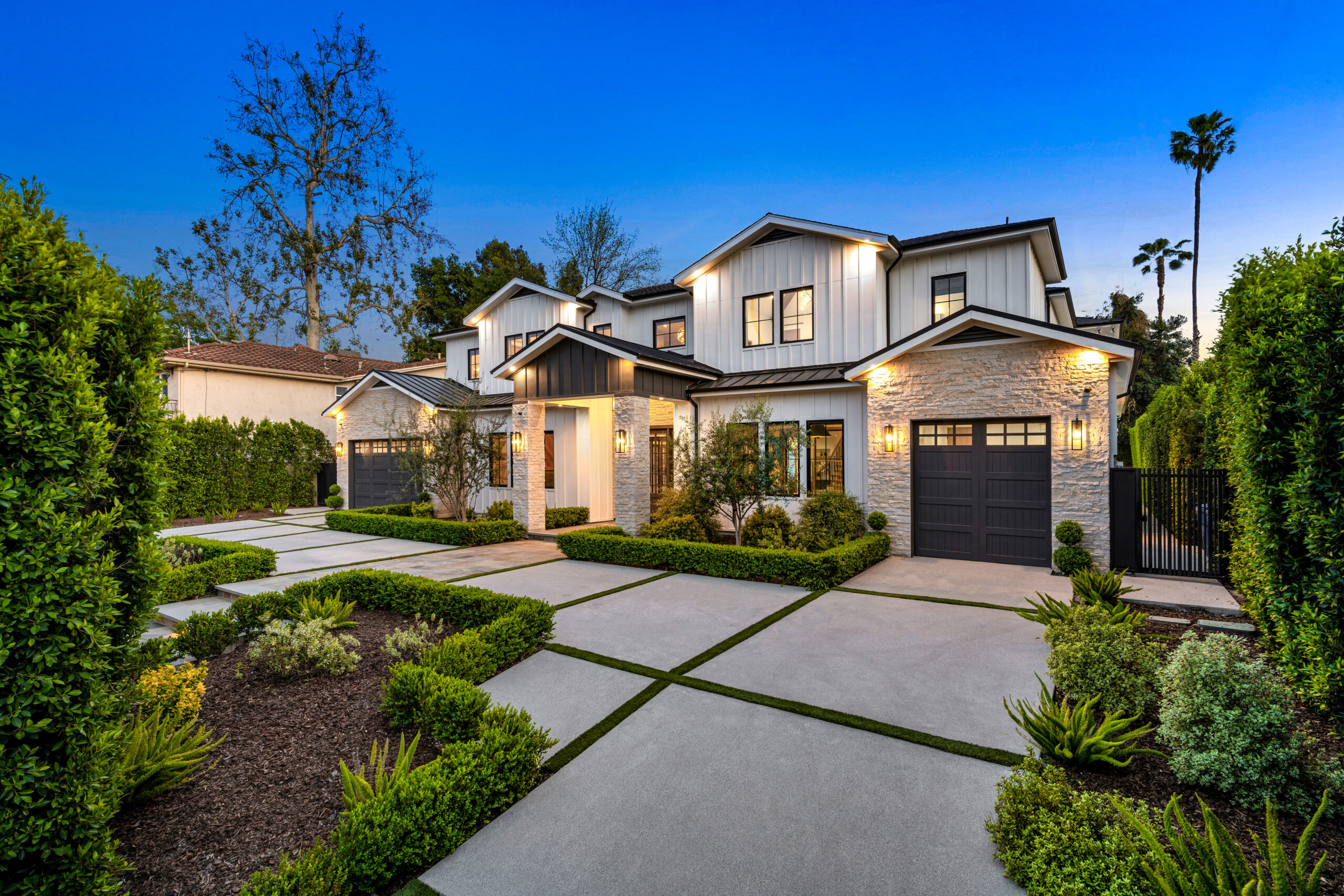
What does the current landscape of luxury real estate look like, and how are emerging trends shaping the future of this high-end market?
In recent years, the global luxury real estate market has demonstrated remarkable resilience despite geopolitical uncertainties, shifting economic climates, and global disruptions like the COVID-19 pandemic. While the market faced challenges during the early months of the pandemic, it quickly rebounded as wealthy buyers began to re-evaluate their living situations. Many of the world’s wealthiest individuals turned to real estate as a haven for investment during times of uncertainty.
According to a Knight Frank Wealth Report, global wealth grew significantly, and demand for luxury properties increased across key cities, with record-breaking sales in destinations such as Miami, London, Paris, and Dubai. For ultra-high-net-worth individuals (UHNWIs), luxury real estate is seen as a tangible asset, a store of value, and a means of diversification in their investment portfolios.
While luxury properties can be found in nearly every corner of the globe, certain cities and regions continue to stand out as prime destinations for the world’s elite.
The United States – A Hotspot for Ultra-High-Net-Worth Buyers
In the United States, cities like New York, Washington, DC, Los Angeles, Miami, and San Francisco remain consistent leaders in the luxury real estate sector. New York City, for example, continues to be the dominant player, with its luxury condos and penthouses offering unparalleled views, amenities, and proximity to global finance and culture. Meanwhile, Miami has emerged as a rising star, attracting wealthy buyers from the Northeast and even international investors due to its tax advantages and vibrant lifestyle.
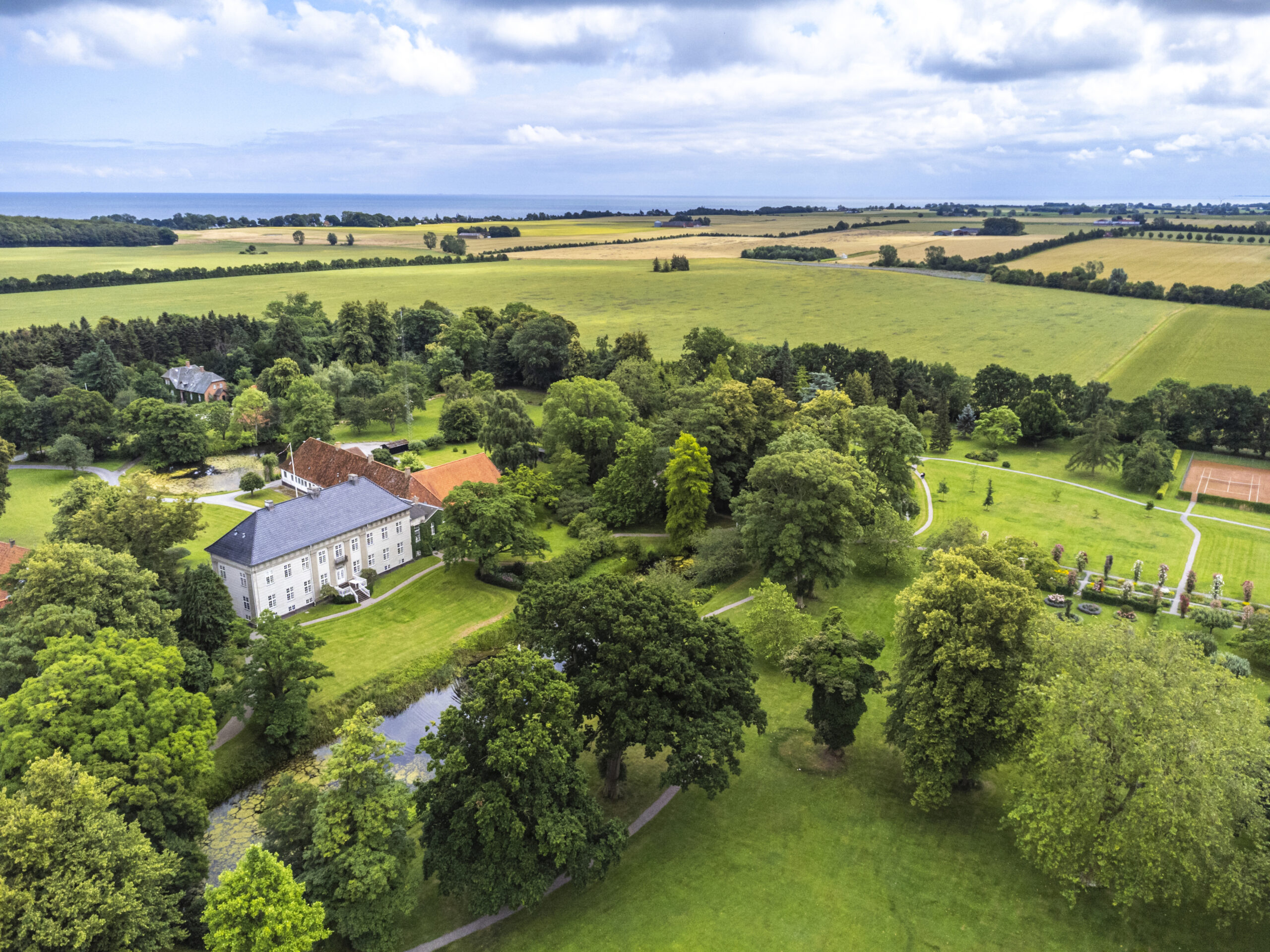
Key luxury market trends in the United States: The appeal of large homes with expansive outdoor spaces has become even more pronounced, particularly post-pandemic. Buyers are increasingly looking for homes that offer privacy, security, and room for recreation, such as private pools, home gyms, and expansive gardens. The demand for properties in gated communities or with direct access to nature (like beachfront estates) has surged.
Europe – Timeless Elegance and Historic Charm
Europe remains a longstanding magnet for luxury real estate investment, with cities like London, Paris, and Geneva showcasing historical charm along with modern luxury. In London, iconic neighborhoods such as Mayfair, Knightsbridge, and Chelsea continue to attract ultra-wealthy buyers seeking prime properties in the heart of one of the world’s most prestigious cities. Paris has witnessed strong demand for luxury real estate, particularly in sought-after areas like the 8th arrondissement and Le Marais. The city’s allure is its blend of historic architecture, world-class culture, and high-end amenities. Similarly, Geneva, with its peaceful lakefront views and proximity to international organizations, remains an attractive destination for UHNWIs.
Key luxury market trends in Europe: Rural retreats and vineyards are becoming increasingly popular in countries like France, Italy, and Switzerland, where affluent buyers find privacy and seclusion. Luxurious country estates and château-style properties are now highly sought after as part of a growing trend toward second or vacation homes in more serene, picturesque settings.
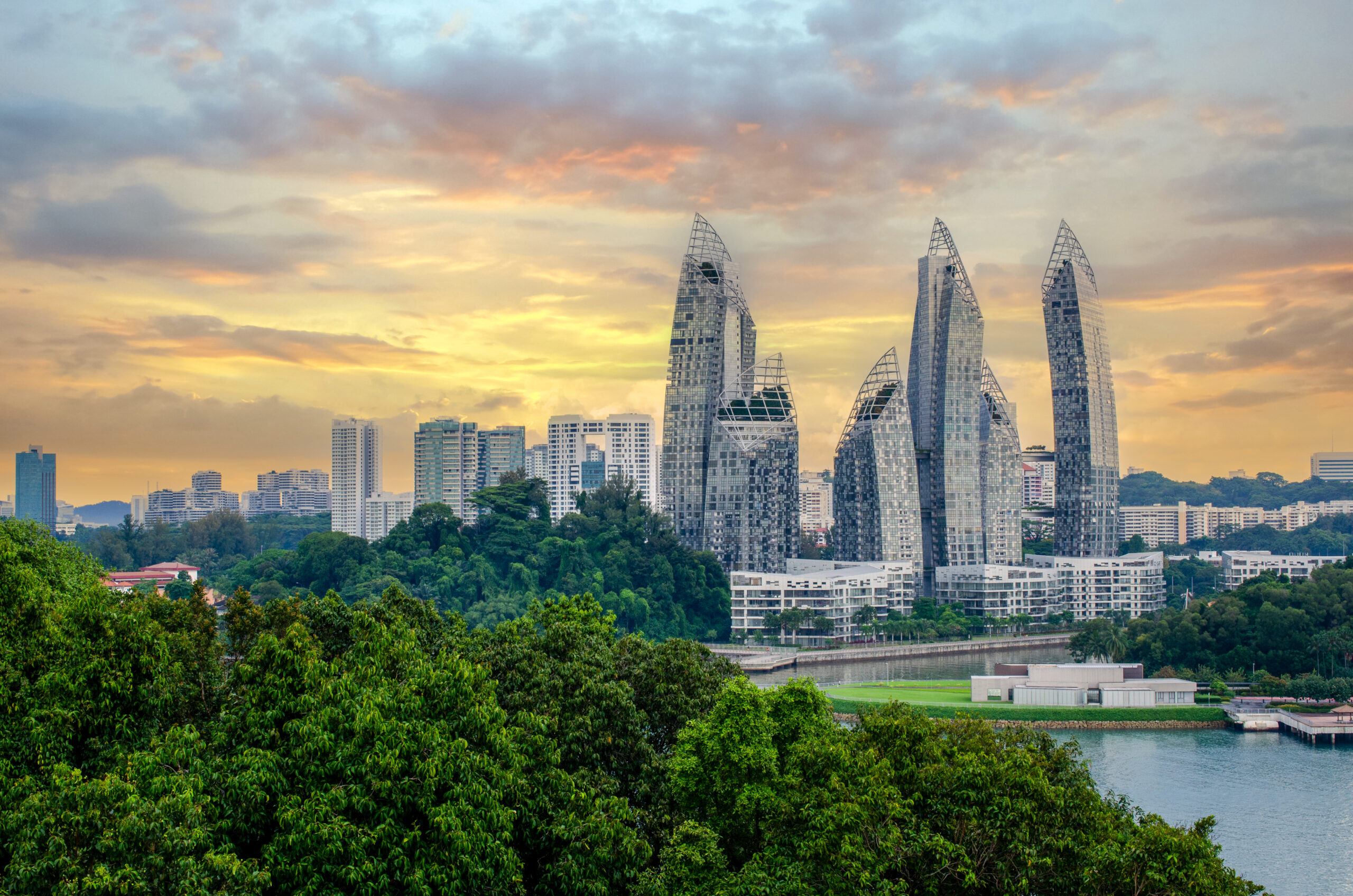
Middle East – Dubai’s Luxury Market Continues to Shine
Dubai has established itself as a global luxury real estate hub, with high-rise penthouses, stunning beachfront villas, and extravagant developments such as Palm Jumeirah and the Burj Khalifa. Its tax-free status, modern infrastructure, and status as a global business and tourism hub make it an attractive destination for international buyers looking for luxurious homes in an ultra-modern setting.
Key luxury market trends in the Middle East: The trend toward ultra-luxury developments in Dubai is on the rise, with properties such as The Royal Atlantis Residences and Fendi Residences offering unparalleled levels of luxury and bespoke services. Dubai Creek Harbour and other mega-developments along the waterfront have further expanded the luxury real estate landscape. Saudi Arabia and Qatar are also seeing a surge in demand for luxury properties, with affluent buyers seeking sophisticated homes and investments in cities like Doha and Riyadh.
Asia – The Growing Luxury Landscape in Hong Kong and Singapore
Asia’s luxury real estate market has witnessed substantial growth, particularly in cities such as Hong Kong, Singapore, and Tokyo. Hong Kong continues to be a key player in the global luxury market, offering exclusive properties with stunning harbor views and proximity to one of the world’s most vibrant economies.
Key luxury market trends in Asia: Singapore has emerged as a prime destination for luxury real estate investment, attracting high-net-worth individuals with its political stability, ease of doing business, and world-class amenities. Areas such as Sentosa Cove and the Orchard Road precinct continue to draw affluent buyers seeking exclusive residences with access to luxury retail and dining. Shanghai also remains one of the top cities for luxury real estate, with ultra-wealthy buyers preferring bespoke properties and high-rise penthouses offering stunning views of the city’s skyline.
Emerging Trends Shaping the Luxury Real Estate Market
As the world continues to evolve, so too does the luxury real estate market. Several emerging trends are shaping the way affluent buyers approach property investment. Sustainability has become a top priority for luxury real estate buyers. High-net-worth individuals are increasingly looking for eco-friendly properties that offer energy-efficient features, sustainable materials, and green certifications such as LEED or BREEAM. The demand for eco-luxury homes with solar panels, green roofs, and sustainable construction methods is on the rise, as buyers seek properties that align with their environmental values.
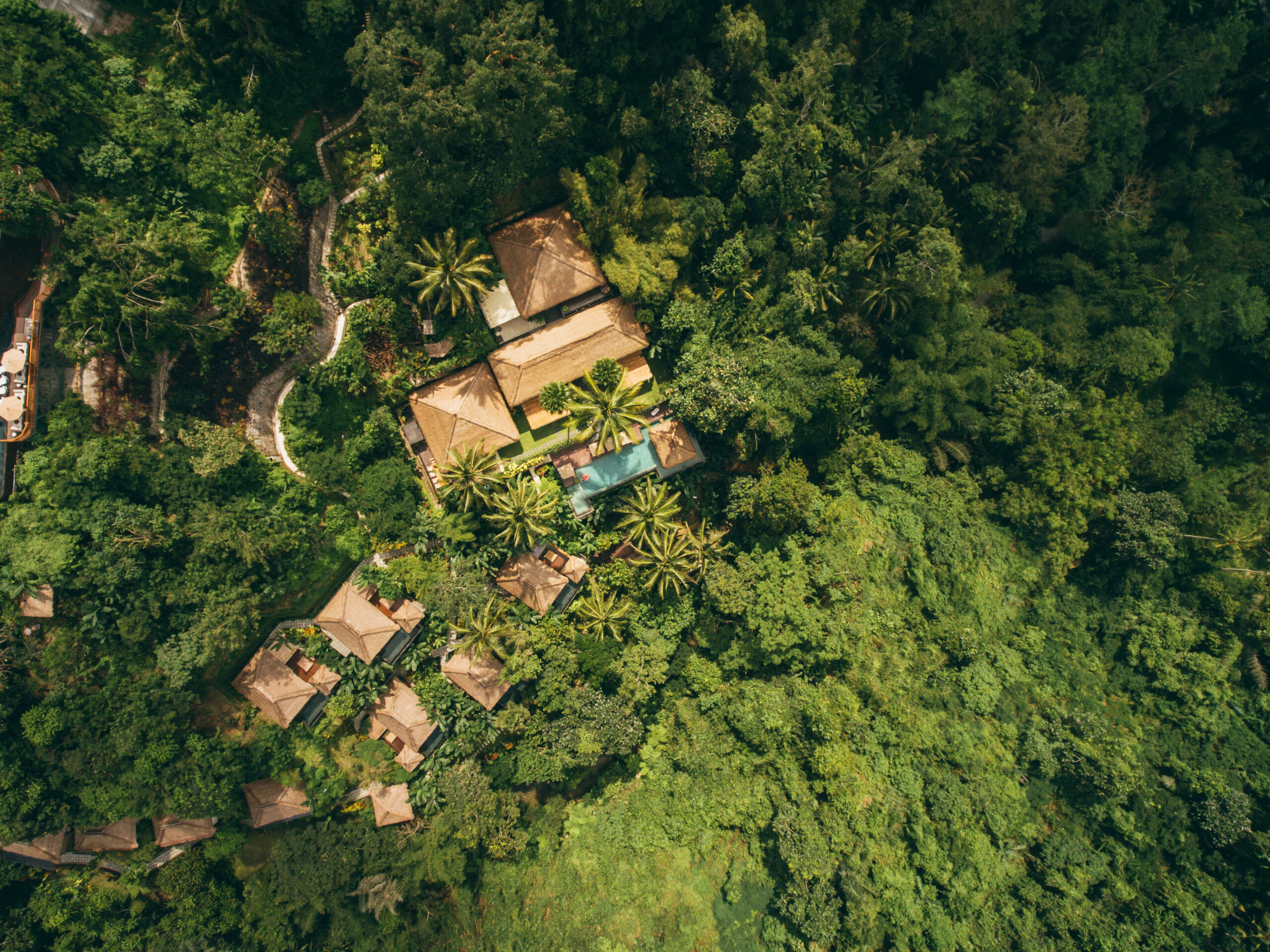
There is a strong global shift towards the desire for privacy. The demand for private islands and secluded retreats has surged. Wealthy individuals are investing in ultra-exclusive, private properties that offer ultimate security, natural beauty, and self-sufficiency.
Luxury real estate is becoming increasingly “smart,” with high-tech features integrated into every aspect of the home. From automated lighting and climate control to voice-activated systems and security surveillance, smart homes are becoming standard in the luxury market. Buyers are looking for homes with the latest technological innovations, creating seamless and intuitive living experiences.
In an increasingly globalized world, many affluent buyers are looking for second homes or investments in multiple countries. This trend toward cross-border property ownership is driving demand in international markets. Cities with favorable tax laws, political stability, and high-end amenities are seeing increasing interest from foreign investors.
The global luxury real estate market is evolving, driven by the changing needs and desires of wealthy buyers, as well as broader economic, technological, and cultural shifts. Cities across the globe, from New York to Dubai, continue to attract UHNWIs, while new markets like Miami and Singapore are emerging as prime locations for luxury investment.
As the market continues to grow, buyers will increasingly prioritize sustainability, technology, and exclusivity in their property choices. For investors and real estate professionals, staying ahead of these trends and understanding the global landscape will be essential for capitalizing on opportunities in the luxury market. Whether it’s the allure of historic estates, futuristic smart homes, or private islands, the luxury real estate market remains a symbol of wealth, aspiration, and a unique lifestyle that’s as exclusive as the properties themselves.

